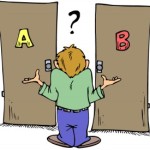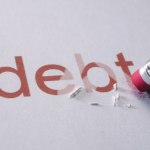As the nation enters Phase 2 of the Coronavirus Lockdown, millions of Americans are still behind on their monthly bills. Many lenders have implemented programs to help people manage debt payments during this economic uncertainty. However, while people with student loans, mortgages and automobile loans were offered helpful alternatives to survive the Corona-induced downturn, people with credit card debts often were not. Debtors with medical debt have not fared well either.
A recent article in the California Law Review Online declared that, “The coronavirus pandemic is set to metastasize into a debt collection pandemic. This is because while evictions, foreclosures and student loan payments have been stayed by various government orders and federal regulations, there is no blanket moratorium or order stopping debt collection lawsuits. Many debt collection law firms have ramped up credit card collections lawsuits since they have not been able to bring or finish foreclosure lawsuits. Many credit card collection lawsuits end up with the consumer getting a default judgment entered against them, since they believe there is nothing that they can do to stop these lawsuits. Debt collection law firms nationwide kept filing new cases during the shutdown, consumers be damned. For example, in Maryland, two major debt collectors alone filed over 2,000 suits in April. These law firms must keep their gravy train rolling, even if many Americans have lost their jobs or part of their income, through no fault of their own.
After a homeowner gets a judgment against him or her, the law firm will usually attempt to get paid–voluntarily at first, and then by using court process to take the homeowner’s income and assets. There are several ways in Florida that a judgment creditor can collect on a judgment.
 Jacksonville Bankruptcy Lawyer Blog
Jacksonville Bankruptcy Lawyer Blog






